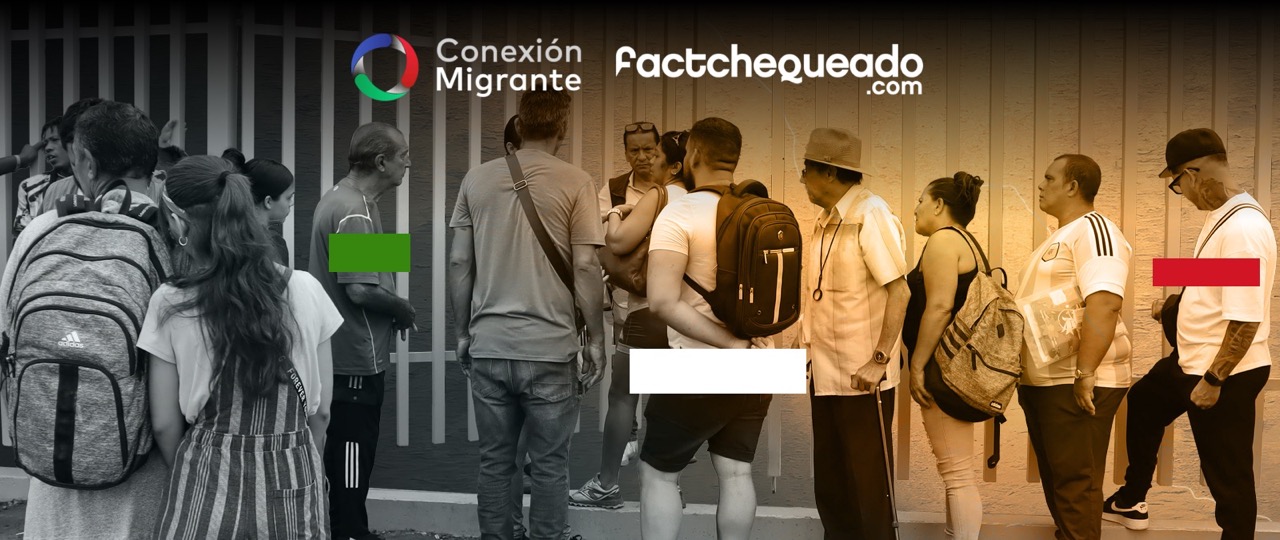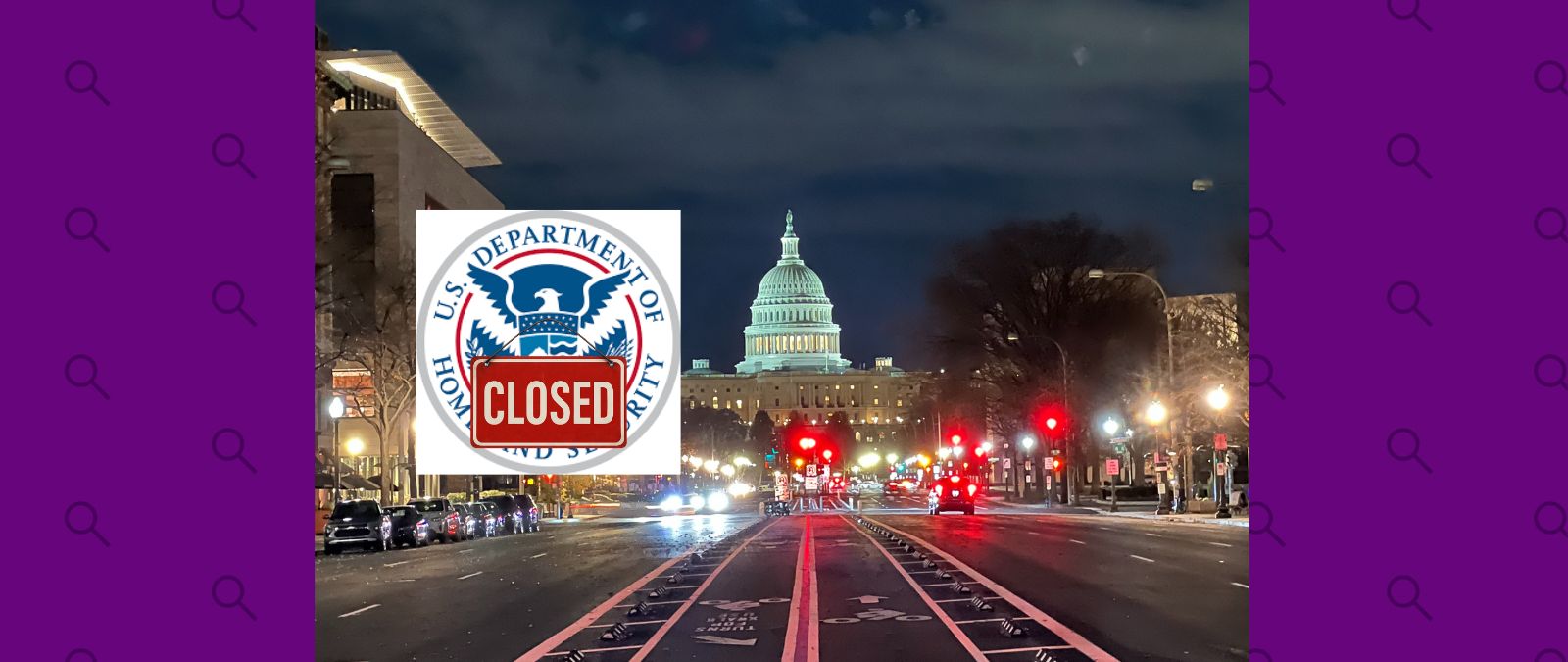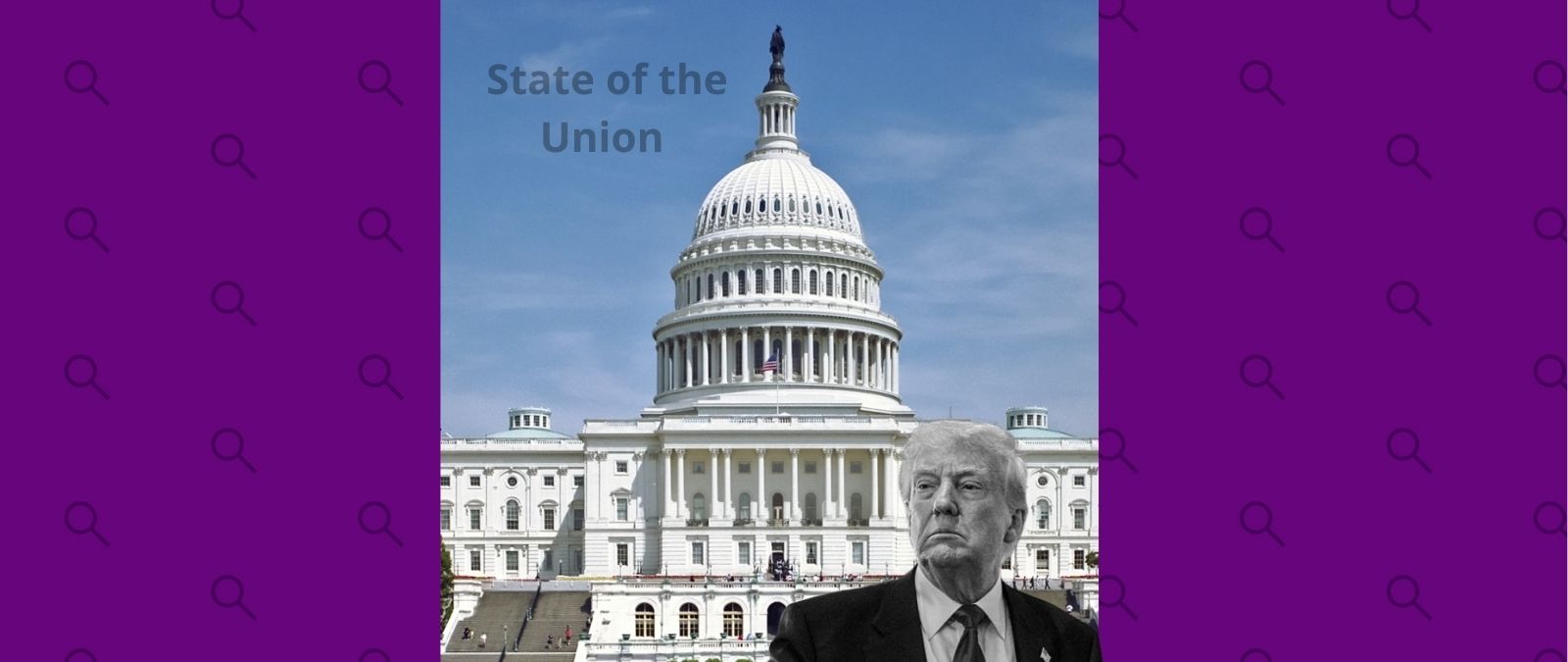This five-part investigation was conducted by Conexión Migrante and Factchequeado with support from the International Center for Journalists (ICFJ) Disarming Disinformation program.
Puedes leer esta nota en español haciendo clic aquí.
Just as more immigrants seek to remain in Mexico fleeing humanitarian crises in their home countries, Mexico's Commission for Refugee Assistance (COMAR) faces budget cuts from reduced public funding and decisions by Donald Trump's second administration.
The U.S. president canceled $4.9 billion in foreign aid in August, deepening cuts to international programs, Latin American development initiatives, and migrant support organizations throughout the region.
Giovanni Lepri, UNHCR representative in Mexico, said last June that the agency's budget for 2025 had been slashed by 60 percent as a consequence of Trump's policies. Part of that funding sustained humanitarian operations worldwide, including in Mexico
UNHCR allocated 453.3 million pesos ($24.3 million) to COMAR from 2019 to 2023, enabling the hiring of 230 positions, according to Mexico's Interior Ministry.
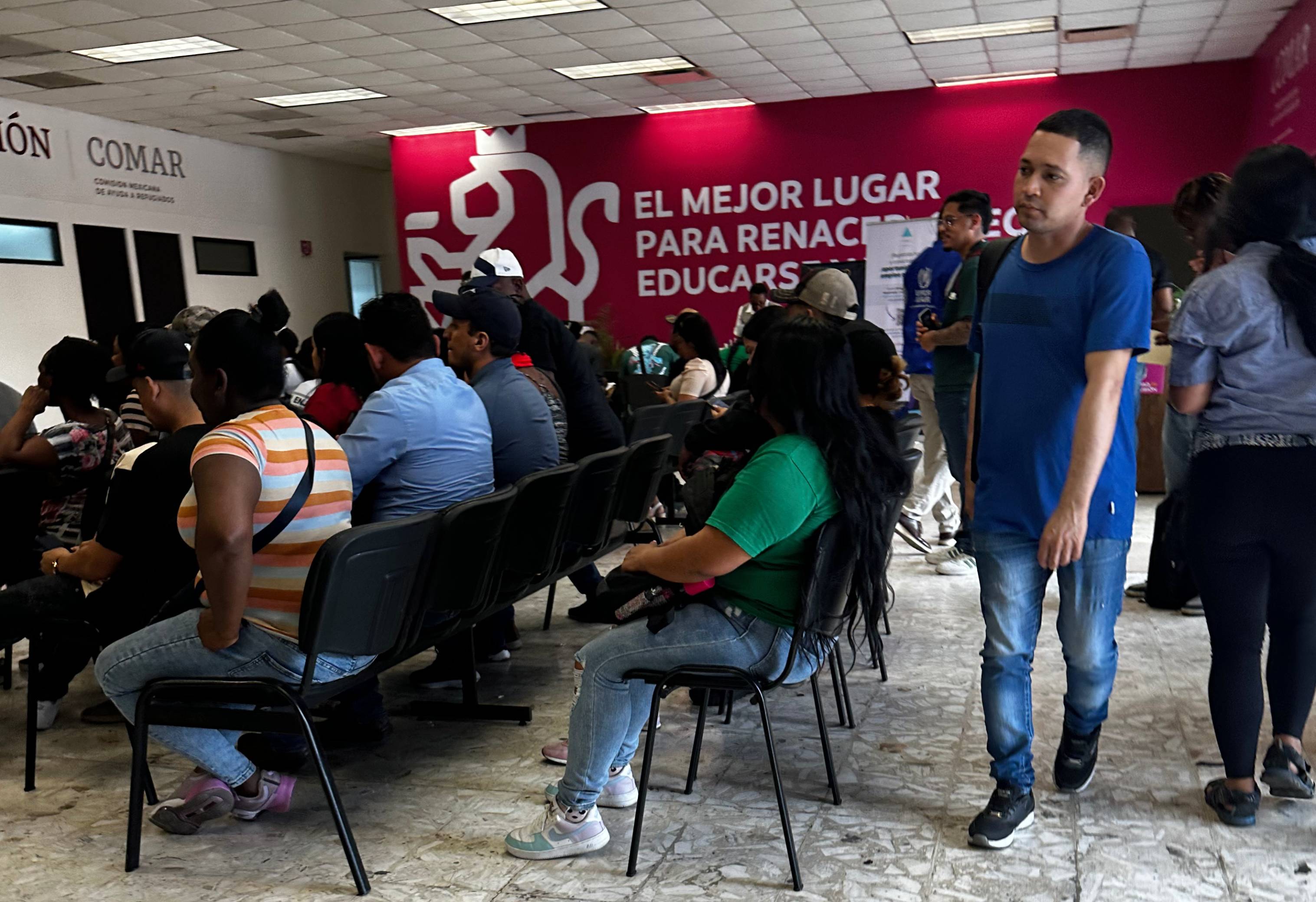
Without those international funds, Mexican authorities lose more than 50 percent of their operational capacity to process the thousands of asylum applications that have surged in recent years: from 2,137 in 2014 to more than 140,000 in 2023.
COMAR's public budget for 2025 stands at 47 million pesos ($2.3 million), down from last year when it received just over 51 million pesos.
This year it also lost an additional 60 million pesos ($3.2 million) it had received from the Comprehensive Southern Border Commission, withdrawn after the change of government in October 2024, said Andrés Ramírez, former head of COMAR in Mexico. That's on top of the money UNHCR can no longer provide.
"We're in the worst possible scenario because there are no resources," said Tomás Milton Muñoz, a researcher at UNAM's Center for International Relations (CRI), in an interview.
As of July this year, COMAR had 50,639 asylum applications, of which 39,497 were still pending.
“We finance a lot of COMAR personnel as well,” explained Pierre-Marc René, UNHCR Public Information Associate in Tapachula, Chiapas. "A large part of our budget is also used to finance COMAR."
The agency announced the closure of offices in Chiapas and Jalisco states in April this year, plus the layoff of 190 employees. Its resources were also used to pay COMAR workers.
Now, with a reduced staff, students are filling in for missing positions, researcher Milton assures. This is the case with some of his students at UNAM.
"I have many students doing social service at COMAR because they lack personnel, and they are basically doing tasks that should correspond to much more trained people," he said.
With insufficient money and staff, processing times have grown longer.
"The wait between application and interview is seven to eight months, when the complete process should take 45 business days," said Lorena Cano, coordinator of the Legal Clinic for Women in Migration (IMUMI).
Under the Law on Refugees and Complementary Protection, any foreign national on Mexican territory has the right to request recognition of refugee status, and COMAR must issue a resolution "within 45 business days following submission of the application."
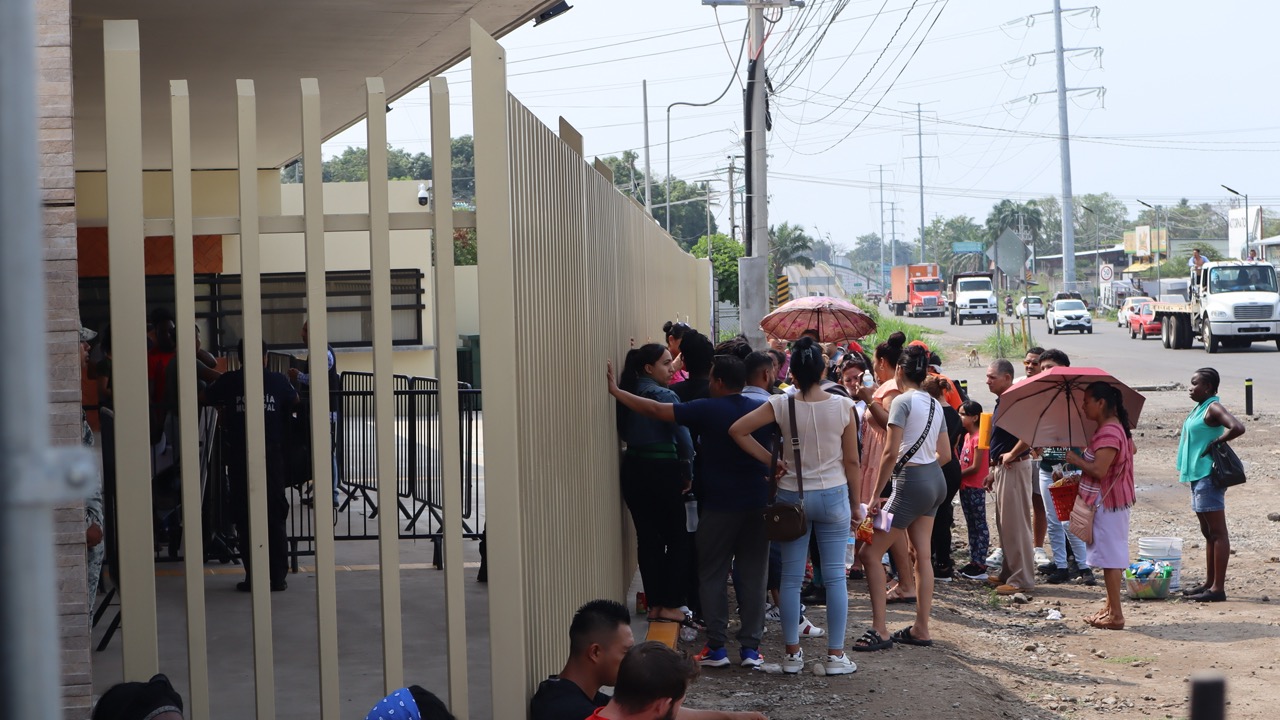
"Several factors converge. First, this bottleneck that Mexico has now become, because they can no longer seek help in the United States," Cano noted. "They're applying here in Mexico because what they want is not to be returned to their country of origin where their life is in danger."
Without official documents or clear processes, intermediaries flourish offering quick fixes. For example, "of 100% of people I serve, at least 80% have been defrauded by a lawyer," Cano said.
*Fifth of a five-part series, "I'm Staying in Mexico"
Factchequeado is a verification media outlet built by a Spanish-speaking community to tackle disinformation in the United States. Do you want to be part of it? Join us and verify the content you receive by sending it to our WhatsApp +16468736087 or to factchequeado.com/whatsapp.
Read more:
Tapachula, the Border of Deception
Stories in Line: the Ordeal of Seeking Refuge in Mexico
"We'll Give You a Visa": Scammers Use the Name Asylum Access to Deceive Migrants


